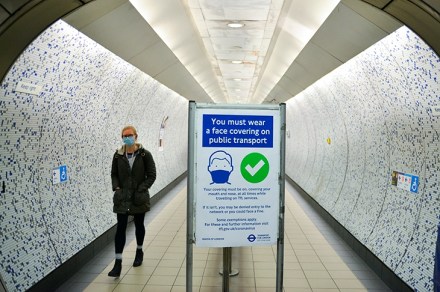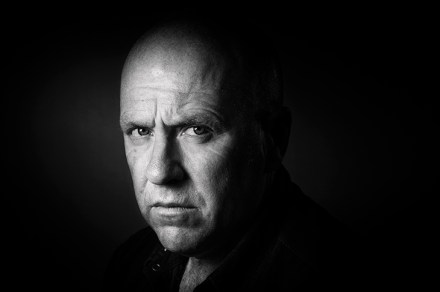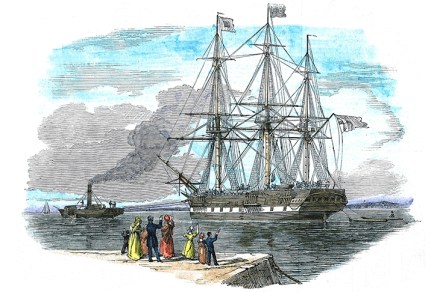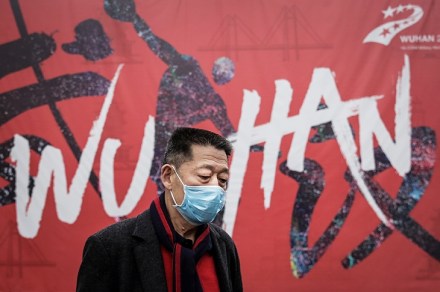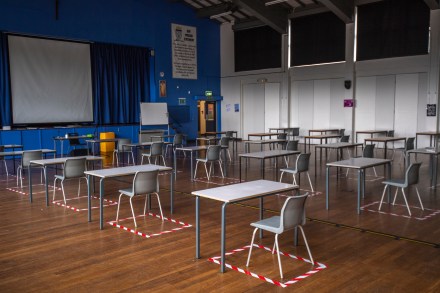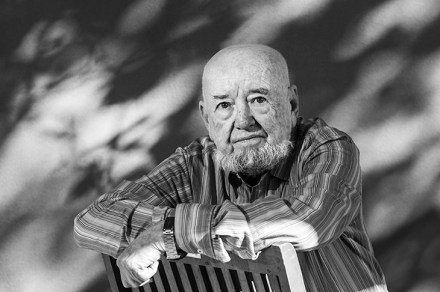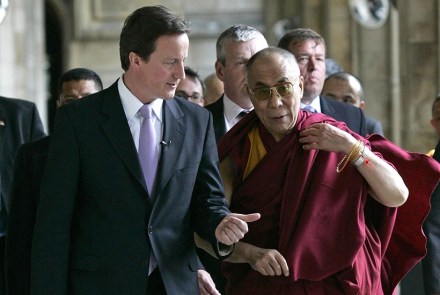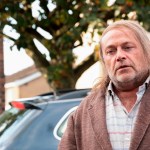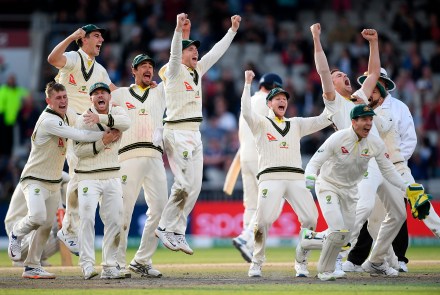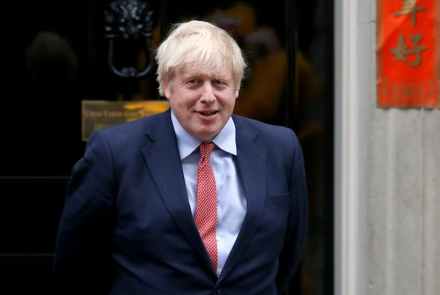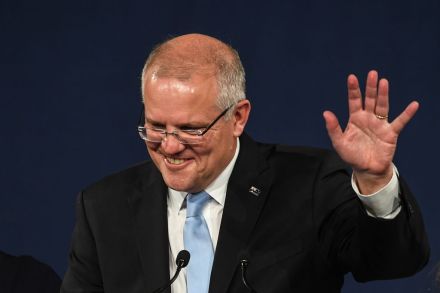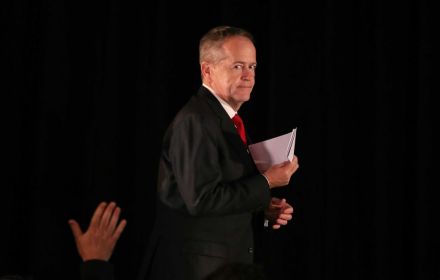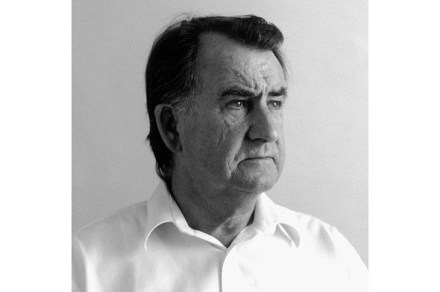Could the Australian approach to Covid work in Britain?
The government’s most important economic policy is its vaccination programme. The speed at which people are immunised will determine when — and how quickly — the economy can reopen. If all goes to plan, Britain will be the first country in Europe to get rid of restrictions and start the job of social repair. Three factors give grounds for hope. First, there is remarkably little ‘anti-vax’ sentiment in the UK. More than 70 per cent of the population ‘would definitely get’ a Covid vaccine if it were made available to them this week. In Germany, it’s just 41 per cent; in France, 30 per cent. The willingness of the British
